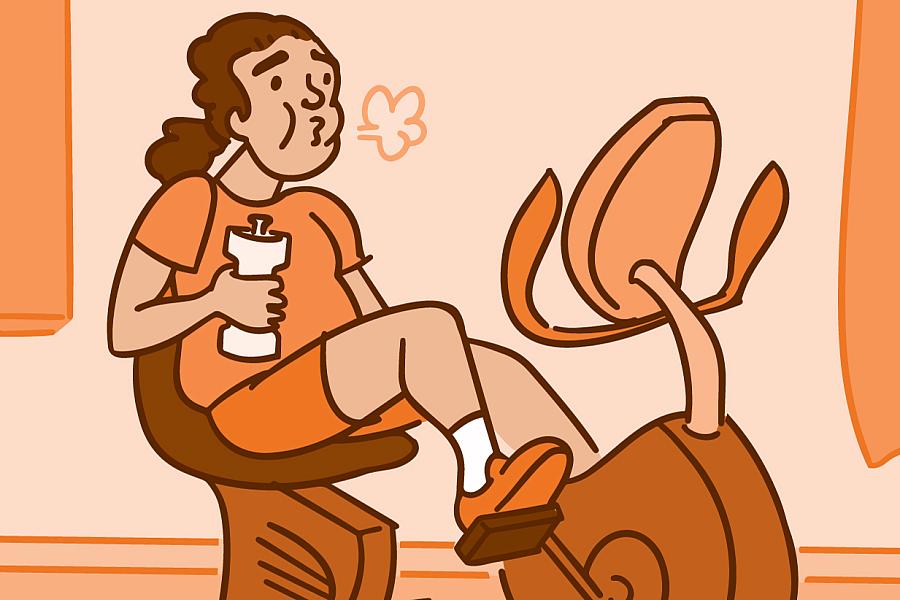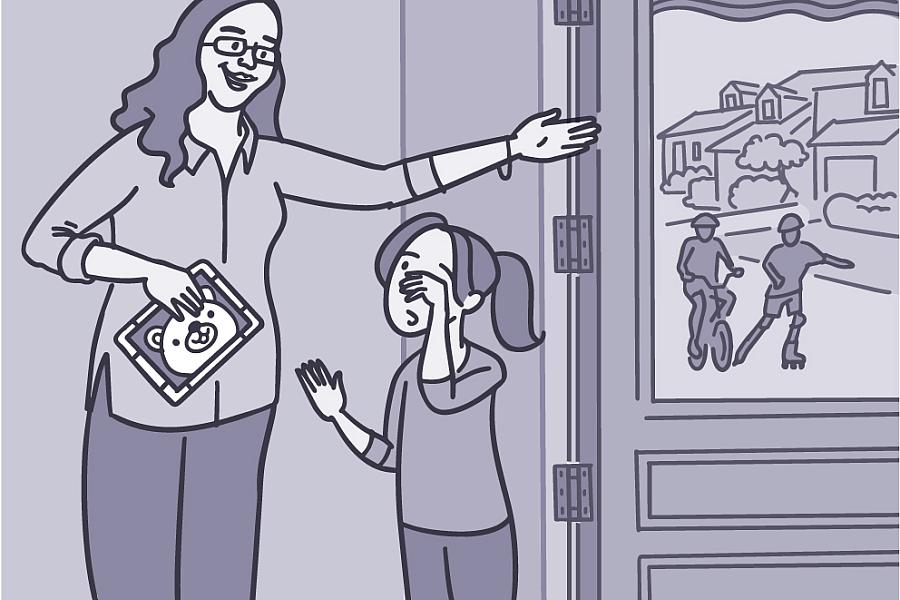Health Capsule
Complementary Approaches for Depression

Depression affects about 1 in 10 U.S. adults. Standard therapies, including antidepressants and some types of psychotherapy, are often effective. Many people also turn to complementary health approaches, some of which haven’t been thoroughly tested for depression. Here’s a brief look at the science behind some complementary approaches:
St. John’s wort. Studies have had mixed results for treating depression. Research has shown that herbal supplements containing St. John’s wort (shown in photo) can interfere with many medications’ intended effects, so its safety risks outweigh any benefits.
Omega-3 fatty acids. Some studies suggest that these supplements may have slight benefits for depression when used with conventional therapy. But questions remain about how, or if, omega-3 supplements might work to have this effect.
Mind and body practices. When used with standard depression therapies, these practices show modestly promising results in some adults. For example, some evidence suggests that music therapy may help improve mood.
Talk with your doctor about any complementary health approaches you use. Discuss benefits and risks, so you can make informed decisions. Learn more at https://nccih.nih.gov/health/tips/depression.
NIH Office of Communications and Public Liaison
Building 31, Room 5B52
Bethesda, MD 20892-2094
nihnewsinhealth@od.nih.gov
Tel: 301-451-8224
Editor:
Harrison Wein, Ph.D.
Managing Editor:
Tianna Hicklin, Ph.D.
Illustrator:
Alan Defibaugh
Attention Editors: Reprint our articles and illustrations in your own publication. Our material is not copyrighted. Please acknowledge NIH News in Health as the source and send us a copy.
For more consumer health news and information, visit health.nih.gov.
For wellness toolkits, visit www.nih.gov/wellnesstoolkits.




